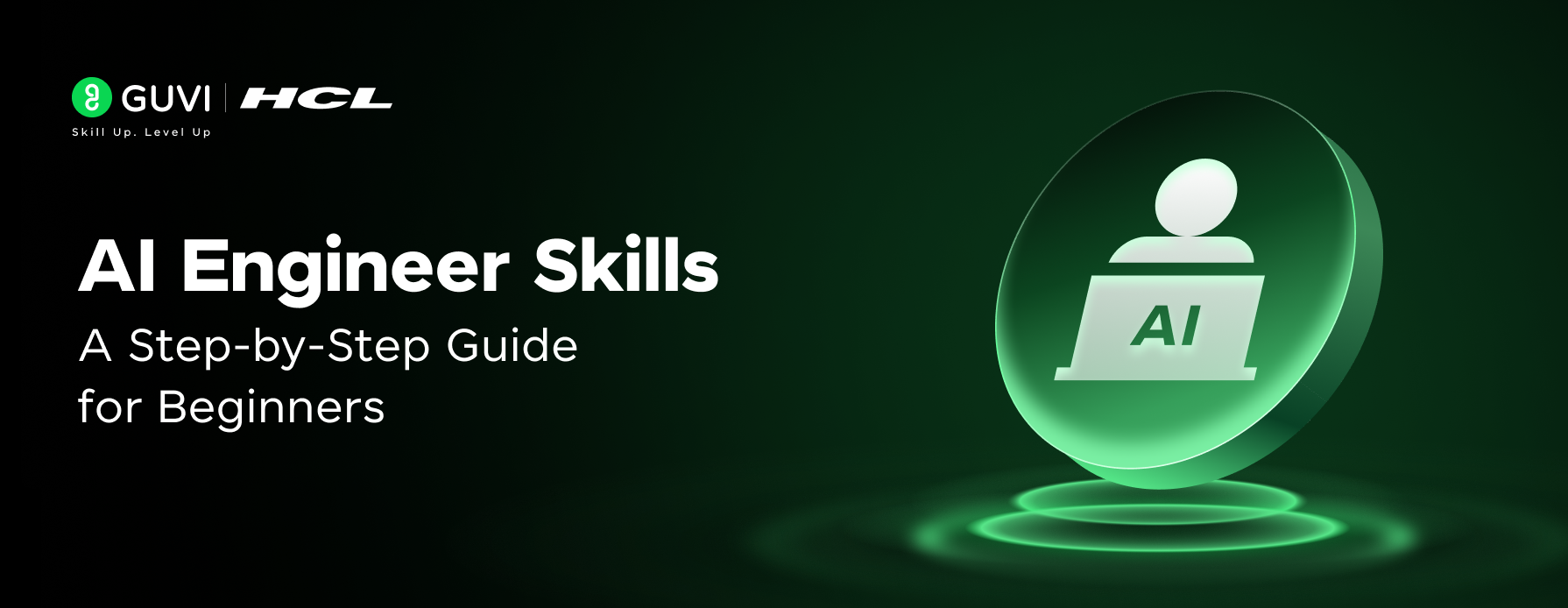
AI Engineer Skills: A Step-by-Step Guide for Beginners (2025)
Jul 03, 2025 6 Min Read 3399 Views
(Last Updated)
Did you know that AI engineer skills are now LinkedIn’s #1 fastest-growing capability across all industries in 2025? Reflecting the rapid transformation of the job market. With many businesses now adopting AI technology, job postings for AI positions have doubled in just two years, creating exciting opportunities for those entering the field.
But you probably already know this, hence you’re here to learn about what skillsets you need in order to become an AI engineer, and you’re at the right place! Today, employers seek professionals who possess both technical skills, like Python programming and machine learning model development, as well as soft skills such as communication and problem-solving abilities.
Hence, in this guide, we will be learning what they are and how to learn AI engineering skills from scratch. This step-by-step guide will help you understand the core qualifications needed to thrive as an AI engineer in 2025 and beyond. Let’s begin!
Table of contents
- Understanding the Role of an AI Engineer
- What does an AI engineer do?
- Why AI engineering is in demand in 2025
- Core Technical AI Engineer Skills Every Beginner Must Learn
- 1) Programming languages: Python, R, Java
- 2) Data modeling and engineering basics
- 3) Machine learning models and evaluation metrics
- 4) Big data tools and platforms
- 5) AI deployment and DevOps tools
- 6) AI security and privacy fundamentals
- Essential Soft Skills for AI Engineers
- 1) Communication and teamwork
- 2) Adaptability and continuous learning
- 3) Problem-solving and critical thinking
- 4) Ethical decision-making in AI
- Step-by-Step Guide: How to Learn AI Engineer Skills from Scratch
- Step 1. Start with math and statistics
- Step 2. Learn a programming language (preferably Python)
- Step 3. Explore machine learning fundamentals
- Step 4. Work on small AI projects
- Step 5. Use online courses and tutorials
- Step 6. Join AI communities and forums
- Concluding Thoughts…
- FAQs
- Q1. What are the essential skills needed to become an AI engineer in 2025?
- Q2. How can I start learning AI engineering from scratch?
- Q3. What are the job prospects for AI engineers in 2025?
- Q4. Which tools and frameworks should I focus on learning for AI engineering?
- Q5. How important are soft skills for AI engineers?
Understanding the Role of an AI Engineer
The role of an AI engineer stands at the intersection of software development, data science, and machine learning. Understanding what this position entails is crucial for anyone looking to enter this rapidly growing field.
What does an AI engineer do?
AI engineers are specialized professionals who design, build, and maintain artificial intelligence systems that can think and function like human brains. Their work involves bridging theoretical machine learning concepts with practical applications to create solutions that can understand, learn, and make decisions.
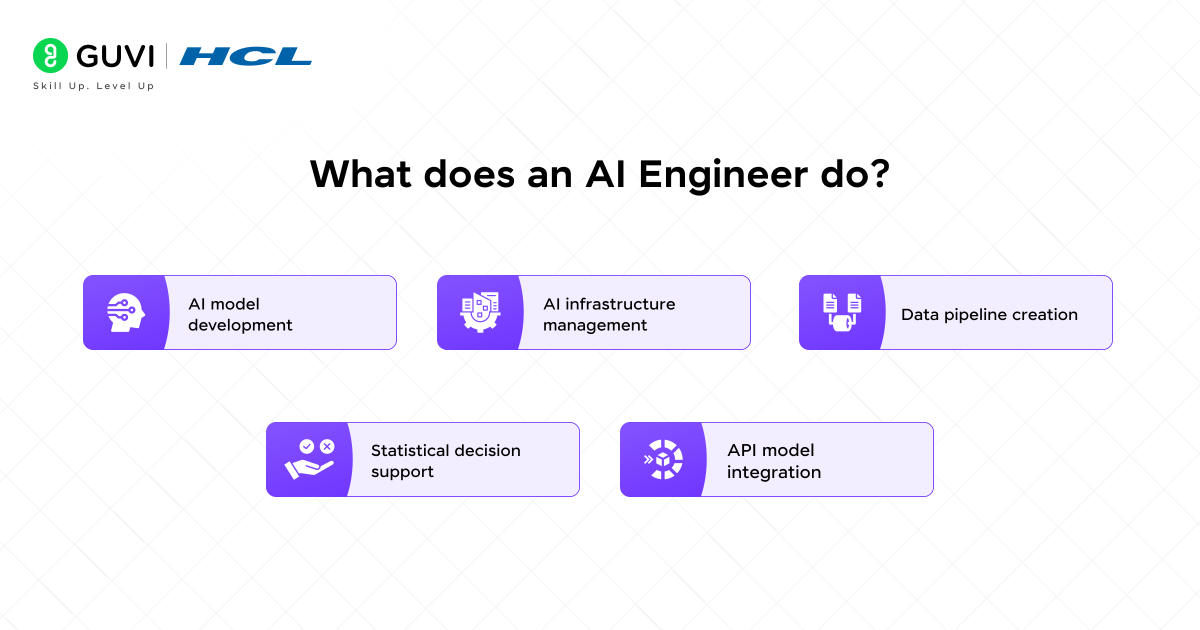
Key responsibilities of AI engineers include:
- Building AI models using machine learning algorithms and deep learning neural networks
- Developing and managing AI production infrastructure
- Creating data transformation and ingestion frameworks
- Conducting statistical analysis to guide organizational decisions
- Transforming machine learning models into APIs for integration with other applications
- Collaborating with data scientists and business teams to solve complex problems
“AI engineers chart the AI strategy and define the problems to be solved with AI,” explain industry experts. Unlike data scientists who focus primarily on analyzing data and creating models, AI engineers transform these models into practical, production-ready applications that deliver real business value.
Why AI engineering is in demand in 2025
The demand for AI engineers has skyrocketed, making it one of the top three most in-demand tech roles in 2025. This surge comes from AI’s growing integration across various industries, including healthcare, finance, retail, and autonomous systems.
Several factors drive this exceptional demand:
- AI engineers now earn an average salary of ₹16,50,000 in India, reflecting their high market value
- The global AI market is expected to reach ₹22,00,000 crore by 2026, creating massive job opportunities
- Businesses across sectors need AI professionals to drive automation, predictive analytics, and personalized services
Consequently, LinkedIn ranked artificial intelligence engineers third on its list of jobs with the fastest-growing demand in 2023, a trend that has continued into 2025.
Core Technical AI Engineer Skills Every Beginner Must Learn
Mastering specific technical abilities is essential for breaking into the AI engineering field in 2025. Whether you’re just starting your journey or pivoting careers, focusing on these core competencies will build your foundation as an AI professional.
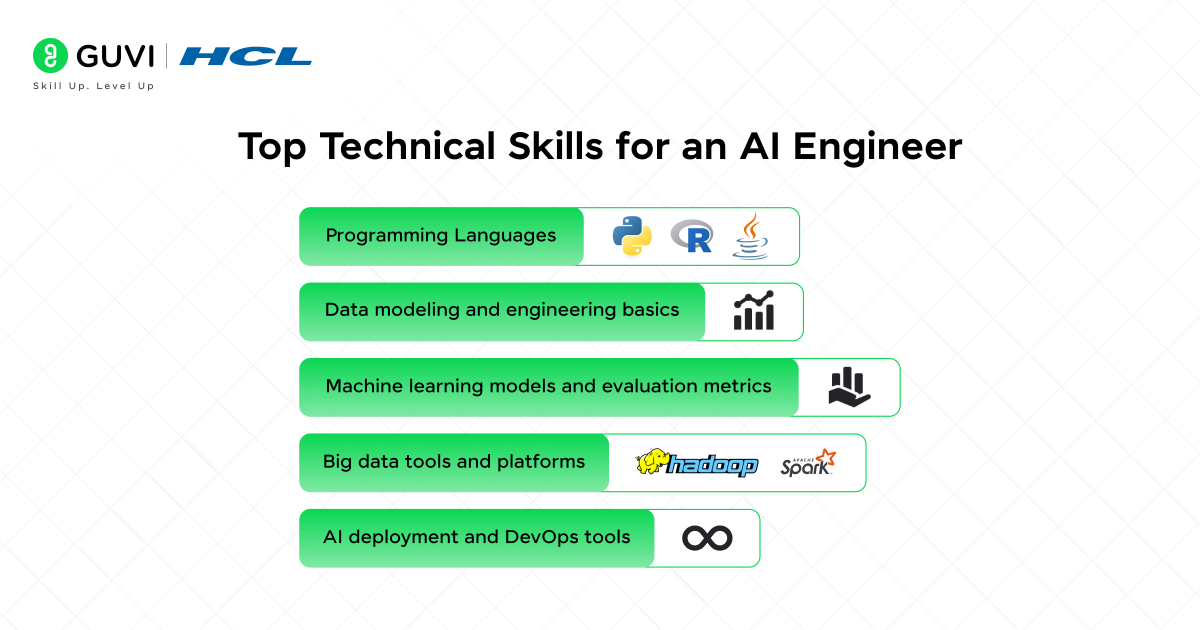
1) Programming languages: Python, R, Java
- Python remains the most popular programming language for AI development due to its simplicity and extensive libraries. It features robust tools like TensorFlow and PyTorch for building powerful AI models, alongside scikit-learn for machine learning tasks. For beginners, Python’s clear syntax and strong community support make it an excellent starting point. It is hence one of the top and most in-demand ai engineer skills.
- R excels in statistical analysis and data visualization, making it valuable for specific AI tasks. Its comprehensive ecosystem includes tools for data manipulation (dplyr) and visualization (ggplot2). R is particularly useful for predictive modeling and statistical computing.
- Java offers platform independence, allowing AI systems to be transferred across different environments. With libraries like Deeplearning4j, Java supports building complex neural networks and is ideal for large-scale enterprise applications requiring high performance. It’s one of the most valuable AI engineer skills out there.
2) Data modeling and engineering basics
Data modeling for AI involves creating structured frameworks that help AI systems efficiently process information. It is one of the must-know AI engineer skills today. The key principles include:
- Data cleaning and validation: Address errors and inconsistencies through techniques like outlier detection
- Feature engineering: Select relevant data features using correlation analysis
- Data transformation: Prepare data through normalization and scaling
- Model explainability: Build interpretable models with techniques like LIME and SHAP
- Scalability optimization: Design your model to handle growing datasets
3) Machine learning models and evaluation metrics
Understanding evaluation metrics is crucial for measuring AI model performance, making it one of the most essential AI engineer skills:
Classification metrics:
- Accuracy: Ratio of correct predictions to total predictions
- Precision: Proportion of correctly identified positives
- Recall: Proportion of actual positives correctly identified
- F1 Score: Harmonic mean of precision and recall
Regression metrics:
- Mean Absolute Error (MAE): Average distance between predicted and actual values
- Mean Squared Error (MSE): Average of squared differences between predictions and actual values
- Root Mean Squared Error (RMSE): Square root of MSE
- R² Score: Proportion of variance explained by the model
4) Big data tools and platforms
AI engineers need familiarity with tools that handle massive datasets, making this one of the most important AI engineer skills:
- Hadoop provides a distributed file system for storing and processing large datasets across computer nodes, making it ideal for high-scale training.
- Apache Spark offers fast cluster computing for big data with high-level APIs in multiple languages. It processes huge amounts of data quickly and works with various programming languages.
- NoSQL databases like MongoDB and Cassandra store vast amounts of unstructured data with more flexibility than traditional SQL databases.
5) AI deployment and DevOps tools
AI DevOps tools streamline automation across the entire development lifecycle:
- CI/CD automation: Tools help automate building, testing, and deploying code that passes appropriate tests
- Testing automation: Systems like Selenium automatically run tests on new code
- Monitoring tools: AI can monitor systems in real-time, detecting potential issues before they become problems
6) AI security and privacy fundamentals
AI security involves understanding vulnerabilities unique to AI systems:
- Data privacy principles: Treat personal data carefully, minimizing collection and usage
- Adversarial attacks: Even small modifications to input data can seriously impact model output
- Model inversion attacks: Cybercriminals may reconstruct training data containing personal information
- Fairness considerations: AI systems should not behave in discriminatory ways
Moreover, knowledge of security controls and testing procedures helps increase the security posture of AI environments, thus making it one of the most important AI engineer skills.
Essential Soft Skills for AI Engineers
Beyond technical expertise, success as an AI engineer hinges on mastering essential soft skills that enable professionals to work effectively within teams and adapt to rapidly changing technologies. These interpersonal abilities often make the difference between merely competent engineers and truly exceptional ones, hence are amongst the very important AI engineer skills.
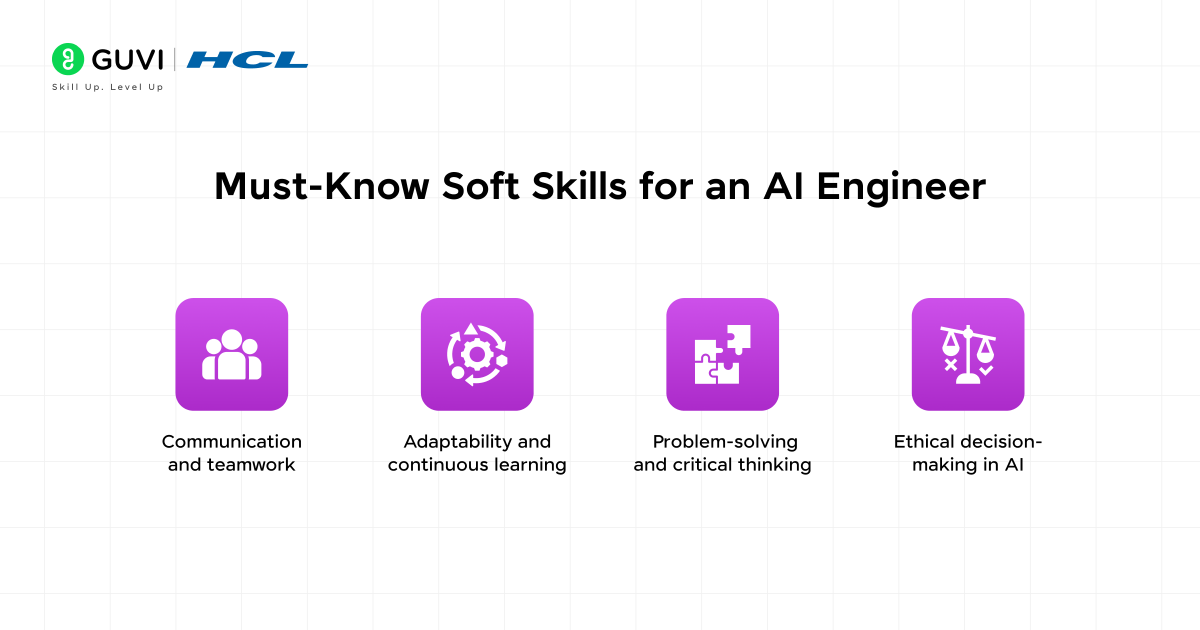
1) Communication and teamwork
Working with AI systems requires explaining complex concepts to non-technical stakeholders. Effective communication skills help AI engineers articulate technical ideas clearly while collaborating across departments. This ability becomes crucial when:
- Presenting model findings to executives who need business insights
- Documenting code for future team members
- Collaborating with data scientists, software developers, and business analysts
Furthermore, ineffective communication can lead to technical expertise trapped in silos, project delays, and team friction, making it one of the highly coveted AI engineer skills.
2) Adaptability and continuous learning
The AI landscape evolves constantly, demanding professionals who embrace change rather than resist it. Adaptability means adjusting to new conditions efficiently and learning from different experiences.
Essential components of adaptability include:
- Staying updated with emerging AI technologies and methodologies
- Applying learnings from one context to new circumstances
- Maintaining flexibility when facing shifting conditions
- Embracing being outside your comfort zone
3) Problem-solving and critical thinking
Problem-solving forms the core of every AI project, from building predictive models to designing AI systems. Critical thinking – the ability to analyze, evaluate, and synthesize information – becomes even more necessary in the age of AI.
Unlike machines, human engineers excel at:
- Understanding context and nuance
- Generating truly novel approaches
- Navigating ethical dilemmas
- Empathizing with different perspectives
4) Ethical decision-making in AI
AI introduces significant ethical concerns around privacy, bias, and human judgment. Indeed, AI systems can replicate existing biases and potentially confer scientific credibility to these biases.
Ethical decision-making for AI engineers involves:
- Identifying potential biases in algorithms and training data
- Considering privacy implications when collecting and using data
- Evaluating the societal impact of AI applications
- Establishing frameworks for responsible AI development
Essentially, these soft skills complement technical abilities, creating well-rounded AI engineers capable of developing solutions that are not only technically sound but also ethically responsible and business-aligned.
Step-by-Step Guide: How to Learn AI Engineer Skills from Scratch
Building AI expertise from scratch may seem daunting, but breaking it down into manageable steps makes the journey accessible even for complete beginners. This roadmap will guide you through acquiring essential ai engineer skills systematically.
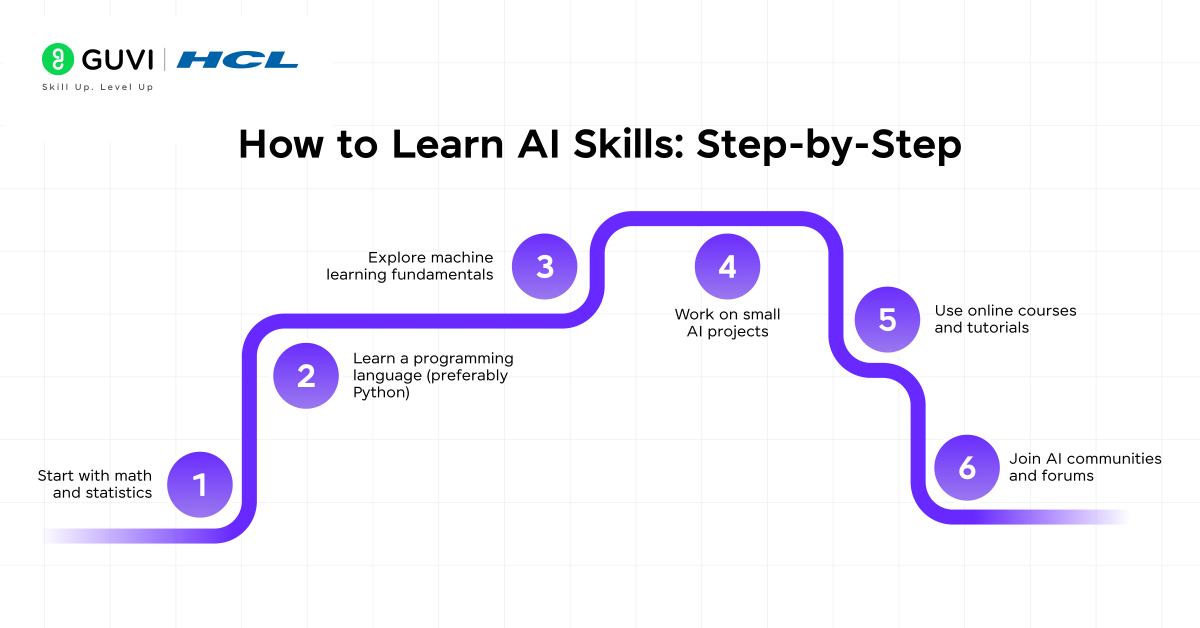
Step 1. Start with math and statistics
A solid mathematical foundation forms the backbone of AI understanding. Focus on:
- Basic statistics: Learn concepts like statistical significance, regression, distribution, and likelihood
- Linear algebra: Master matrices and operations that power many AI algorithms
- Calculus: Understand derivatives and gradients used in optimization
- Probability: Grasp uncertainty quantification, which is crucial for decision-making
These mathematical concepts appear frequently in AI algorithms and models, making them essential first steps.
Step 2. Learn a programming language (preferably Python)
Python stands out as the ideal language for AI beginners thanks to its:
- Clear, readable syntax that shortens the learning curve
- Extensive libraries specifically for AI development (NumPy, Scikit-learn, Pandas, TensorFlow, PyTorch)
- Strong community support with abundant learning resources
Python’s simplicity and adaptability make it particularly well-suited for implementing AI applications because you can develop algorithms, manipulate data, and use AI programs effectively.
Step 3. Explore machine learning fundamentals
After establishing programming skills, dive into machine learning concepts:
- Understand supervised vs. unsupervised learning approaches
- Learn different algorithms and when to apply them
- Master evaluation metrics to measure model performance
- Study deep learning concepts, especially neural networks
This popular subset of AI powers many products and services today, making it a critical skill for aspiring AI engineers.
Step 4. Work on small AI projects
Apply theoretical knowledge through practical projects:
- Start with beginner-friendly tasks like image classification or spam detection
- Build a resume parser that identifies skilled candidates
- Create a simple translator app using transformers
- Develop a sentiment analysis tool for social media posts
Working on side projects helps you gain hands-on experience while building a portfolio that demonstrates your capabilities to potential employers.
Step 5. Use online courses and tutorials
Leverage structured learning resources:
- Take foundational courses covering AI basics and Python
- Follow specialized tutorials on platforms like Coursera, edX, and Udacity
- Consider AI-focused learning paths from Microsoft, Google, or DeepLearning.AI
- Complete hands-on labs that reinforce theoretical concepts
A nine-month intensive learning plan focusing first on math, statistics, and programming provides a solid foundation.
Step 6. Join AI communities and forums
Connect with fellow learners and experts:
- Participate in forums like Stack Overflow and Reddit’s r/MachineLearning
- Join AI-specific Discord servers for real-time help
- Attend virtual meetups to network with professionals
- Share your projects to receive feedback and improve
Communities provide support, inspiration, and growth opportunities while keeping you updated with the latest trends and developments.
If you’re serious about becoming a job-ready AI Engineer, GUVI’s Artificial Intelligence & Machine Learning Course, co-certified by IITM Pravartak, is your gateway. With real-time projects, mentorship from industry experts, and a curriculum aligned with top hiring trends, it’s designed to equip you with the exact AI skills companies demand in 2025.
Concluding Thoughts…
As we conclude, I’d like to remind you that becoming an AI engineer requires dedication and systematic skill development, though the journey proves worthwhile considering the exceptional demand across industries. The field offers attractive compensation, with average salaries reaching ₹16,50,000 in India for qualified professionals.
This step-by-step guide provides a clear roadmap for beginners entering the AI field in 2025. While the journey might seem challenging at first, breaking it down into manageable steps makes this exciting career path accessible even without prior experience. Your transformation into a skilled AI engineer starts today—one skill at a time. Good Luck!
FAQs
Key skills include proficiency in programming languages like Python and R, a strong foundation in mathematics and statistics, knowledge of machine learning algorithms, familiarity with deep learning frameworks like TensorFlow and PyTorch, and experience with big data technologies. Soft skills such as problem-solving, communication, and adaptability are also crucial.
Begin by building a strong foundation in mathematics and statistics. Then, learn a programming language, preferably Python. Next, explore machine learning fundamentals and work on small AI projects to gain practical experience. Utilize online courses and tutorials, and join AI communities for support and networking.
The job market for AI engineers is highly promising, with AI being one of the top three most in-demand tech roles. The field offers attractive compensation, with average salaries reaching ₹16,50,000 in India. The global AI market is expected to grow significantly, creating numerous job opportunities across various industries.
Focus on mastering popular frameworks like TensorFlow and PyTorch for deep learning, Scikit-learn for traditional machine learning, and Hugging Face for natural language processing. Additionally, familiarize yourself with Docker and Kubernetes for deployment, and MLflow and DVC for MLOps practices.
Soft skills are crucial for AI engineers. Strong communication abilities help in explaining complex concepts to non-technical stakeholders. Adaptability and continuous learning are essential in the rapidly evolving AI field. Problem-solving, critical thinking, and ethical decision-making skills are also vital for developing responsible AI solutions and navigating the societal implications of AI technologies.















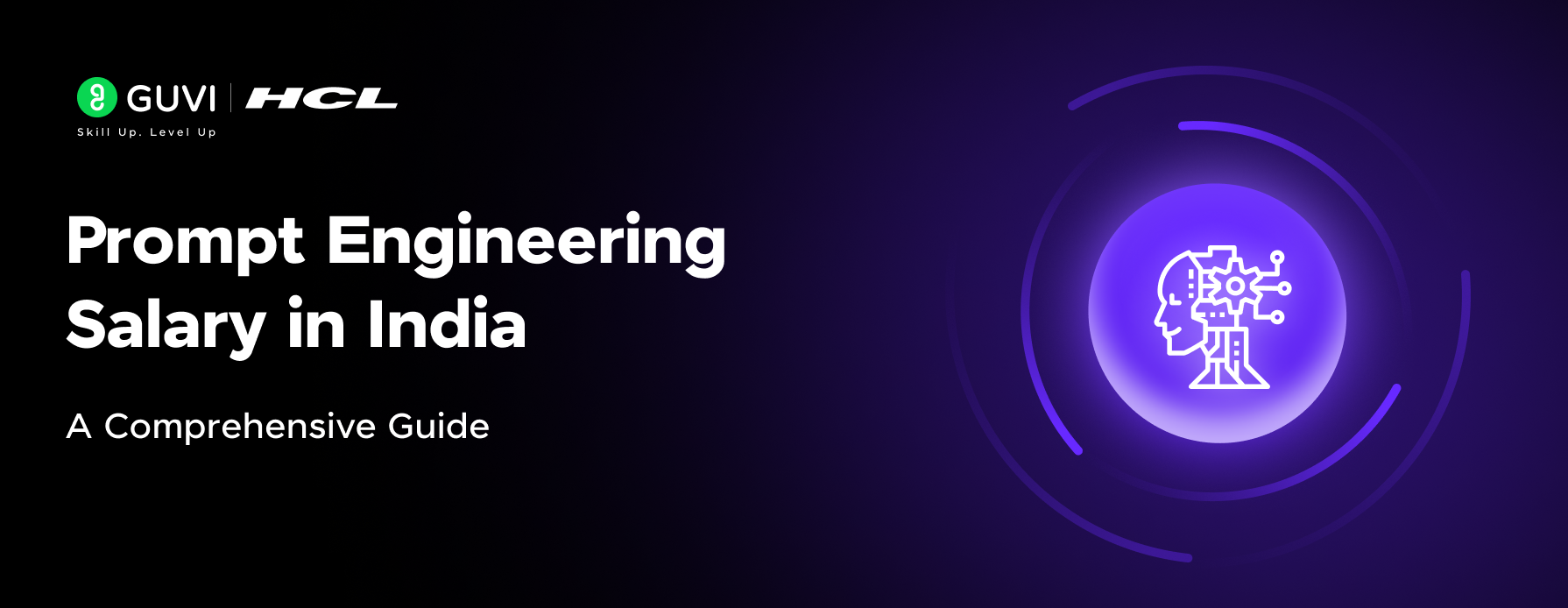
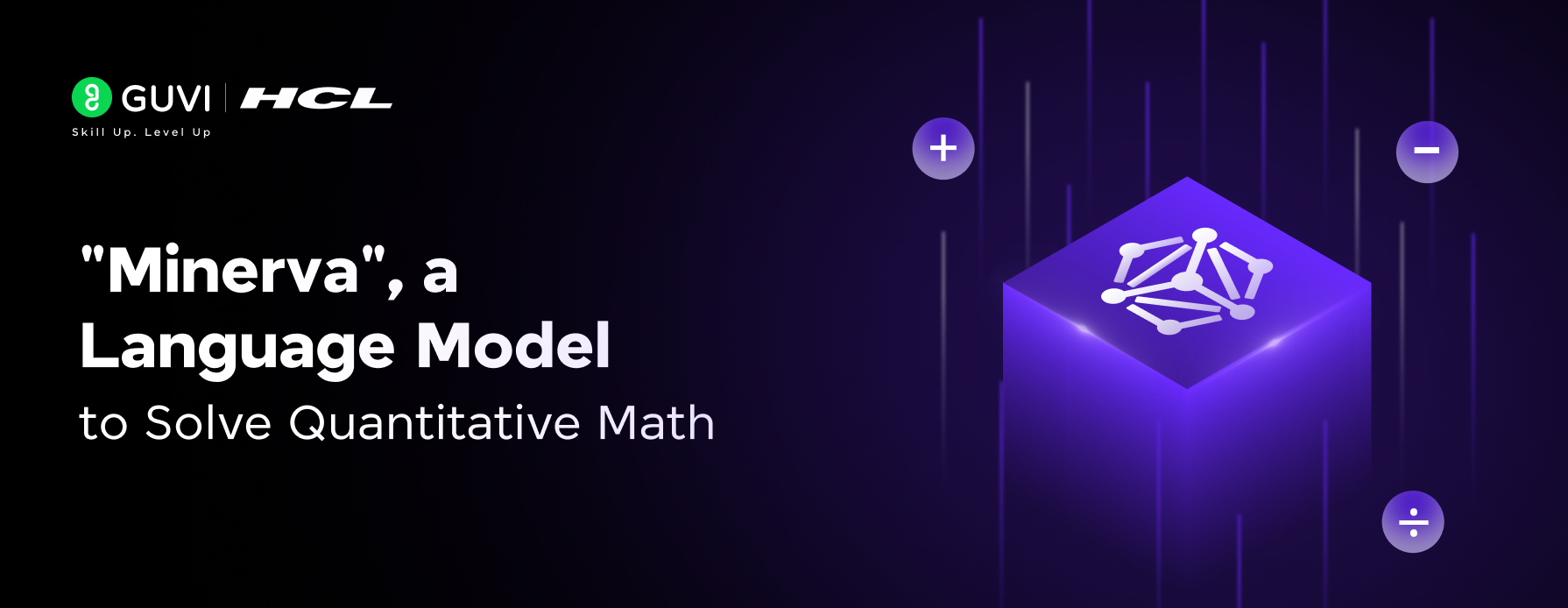
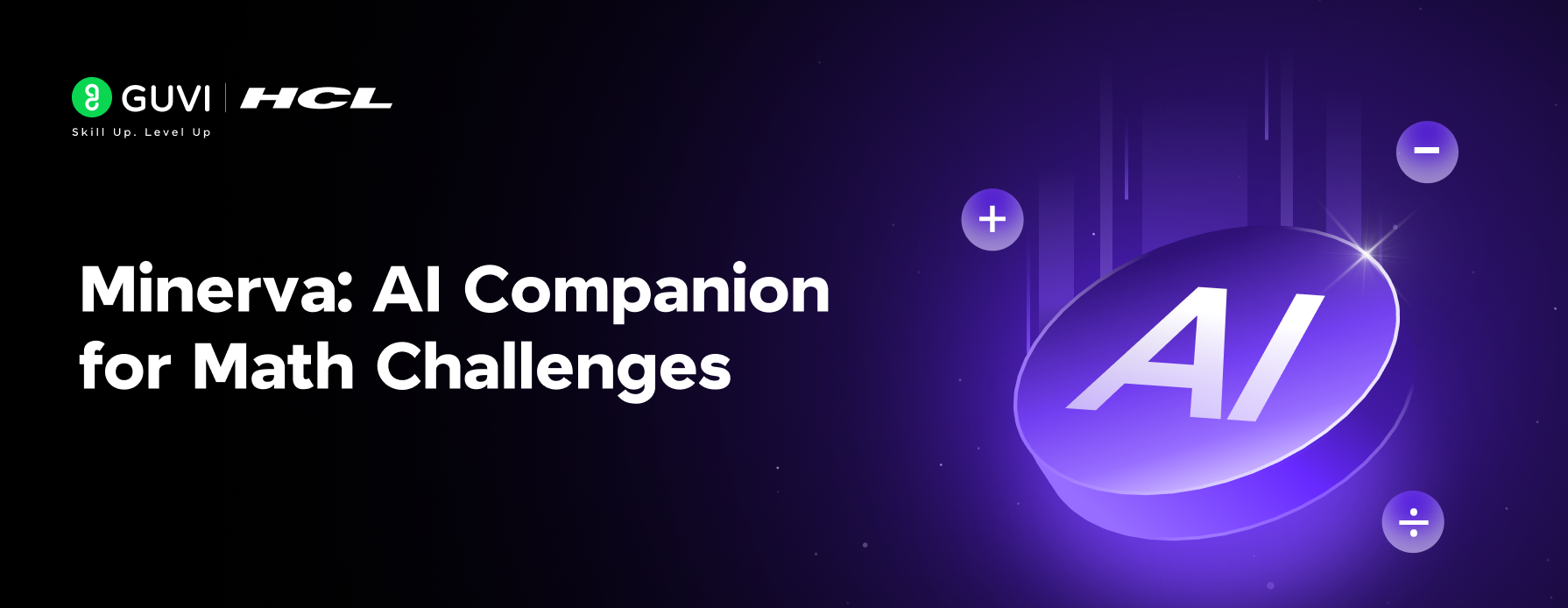





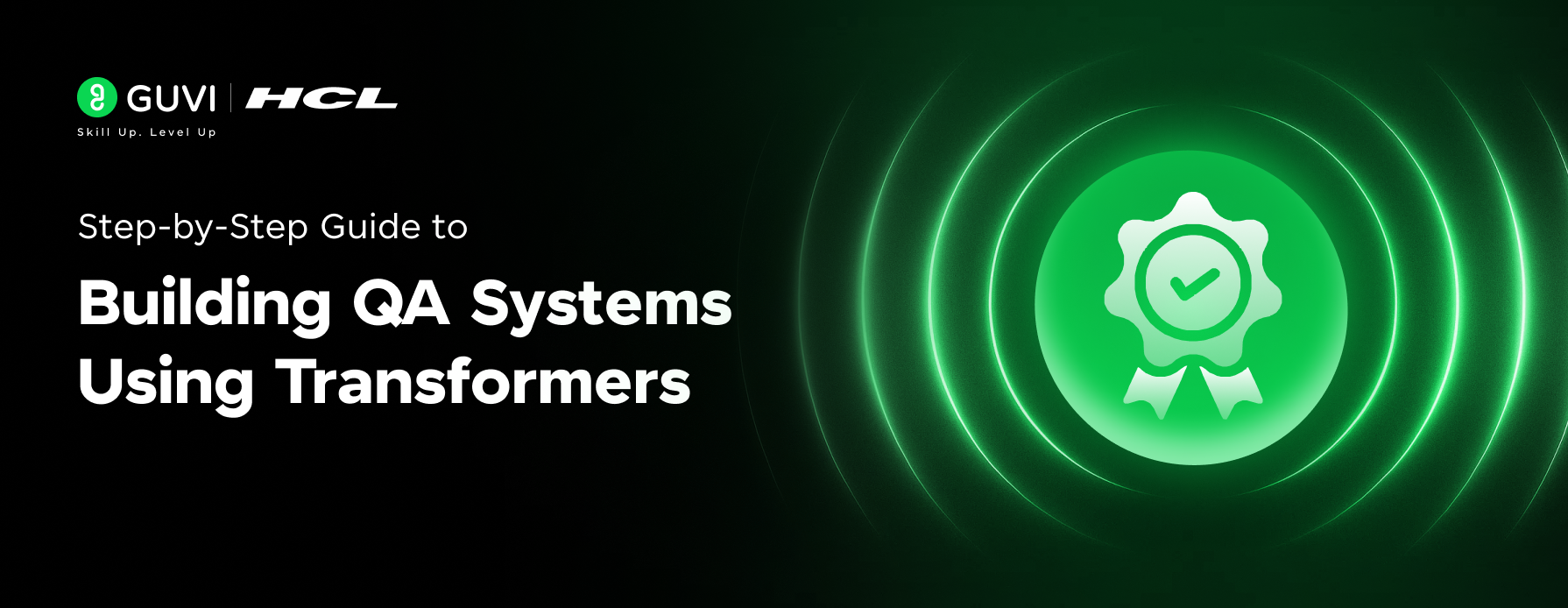

Did you enjoy this article?